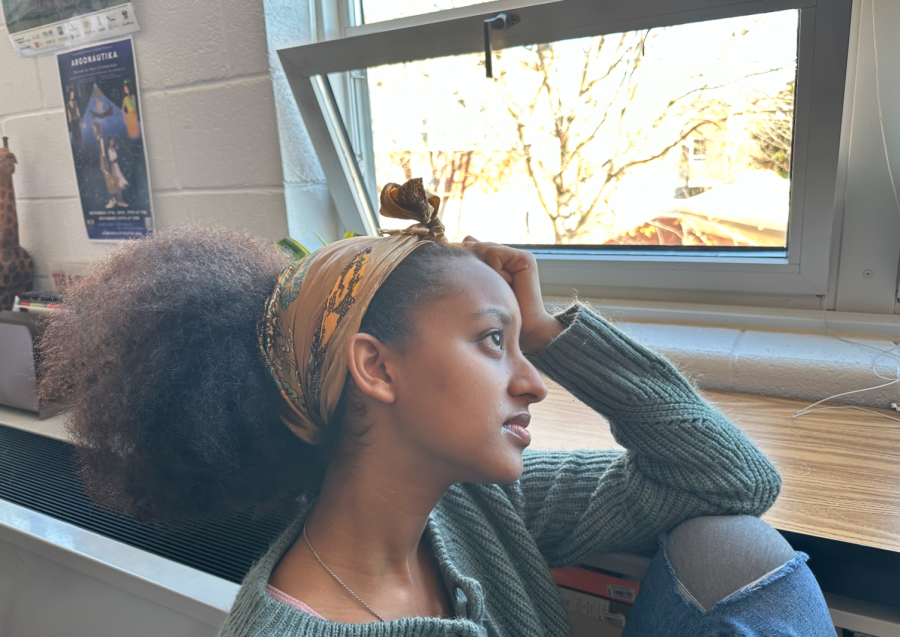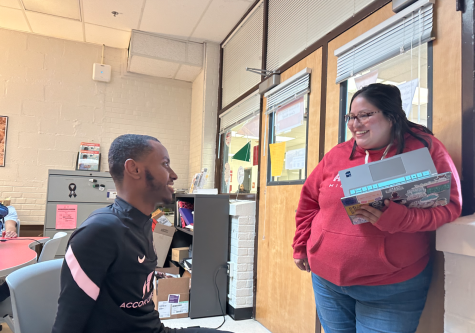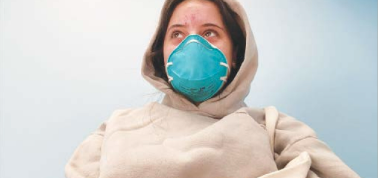How is seasonal depression affecting students?
As a result of the recent daylight savings, seasonal depression is closeby as a result. The official term for seasonal depression is SAD, which stands for Seasonal Affective Disorder.
Some symptoms of SAD include low motivation/ energy, trouble sleeping, loss of appetite, the adverse effect of relationships with friends and family, difficulty focusing, and mood swings.
SAD is most common in the fall and winter time however, it is a year-round illness that affects millions of people across the globe.
Although feelings of sadness and irritability are normal, it is crucial to get professional help if those feelings persist to become something that affects your daily life.
There are many ways to treat SAD, both medically and holistically. These ways include light therapy from a doctor, going to consistent therapy, exercising (more beneficial when it’s outdoors) for at least 60 minutes, eating a balanced diet, and connecting with others socially.
Out of many of the natural cures for SAD, exercise is amongst the most effective. It has been proven by many scientists that dopamine, a happiness chemical, can result in consistent exercising. It is crucial for kids and teens to exercise to stay healthy both physically and mentally.
“I personally do not suffer from seasonal depression, however, I have many friends and family that do. I strive in the cold seasons and I make it a priority to check on those that don’t regularly,” said senior Sarah Baktiar
Not only is seasonal depression proven psychologically, but scientifically as well. There is a specific chemical called serotonin which is a neurotransmitter that helps in stabilizing your mood. A drastic loss in vitamin D can destabilize serotonin levels, and many times this can result in many mental illnesses.
Melatonin also plays a huge role in how the brain works during the cold seasons. The production of melatonin plays a role when it is time to sleep. Meaning when the sun comes up, the brain is wired to be vigilant and awake.
“Daylight savings does heavily affect my mood and I combat those feelings by staying in touch with my friends and working out when I can. I try to not let the lack of sunlight affect me as much as possible because it’s something I have to live with for months,” said senior Ruftana Beyene
Because there is a lack of sunlight during the fall/ winter, melatonin is much more prevalent making much more tired mid-day versus at the end of the day.
The most important thing to do when struggling through any mental crisis it reach out. Some people that you can talk to are friends, family, teachers, counselors, and staff at Annandale. Struggling in silence will not benefit one’s mental health, it will only worsen it.
School psychologist, Laurie Ottehenning, highly encourages reaching out for help when noticing symptoms of depression, rather than waiting for things to get worse.
“Considering SAD is a type of depression, the treatment is the exact same. The most effective treatment for those that struggle with depressive symptoms is treatments like therapy and/ or medication. There are also other healthy habits to help with coping such as talking to your loved ones and exercising during sunlight,” said Ottenhenning.
The most important thing to remember when it comes to SAD is that it is temporary and there are ways to combat this illness. There is help available at schools such as teachers, counselors, and school psychologist Laurie Ottehenning.
If you or someone you know is in immediate distress or is thinking about hurting themselves, call the National Suicide Prevention Lifeline toll-free at 1-800-273-TALK (8255) or the toll-free TTY number at 1-800-799-4TTY (4889). You also can text the Crisis Text Line (HELLO to 741741) or go to the National Suicide Prevention Lifeline website.

Senior Sereene Darwiesh has been on The A-Blast since freshman year. She spends her time reading and hanging out with friends, her hobbies consist of baking...










